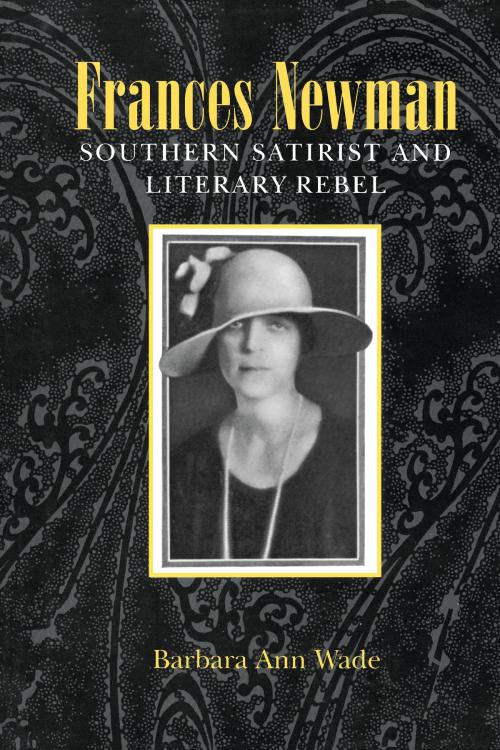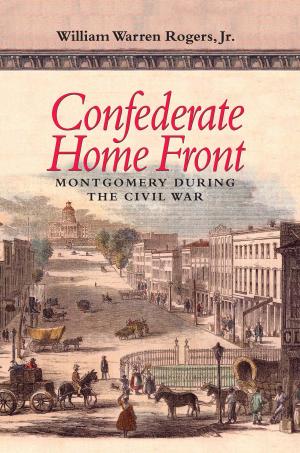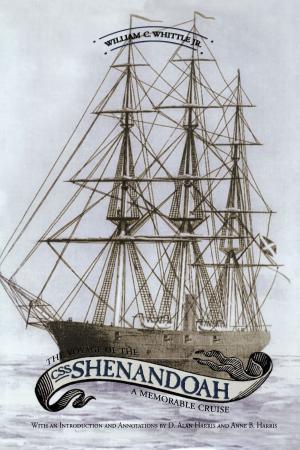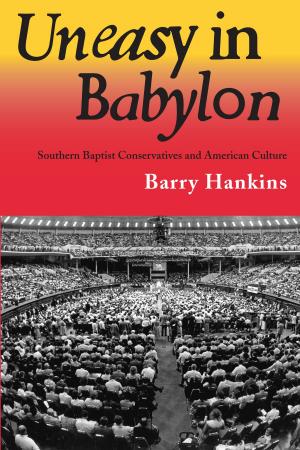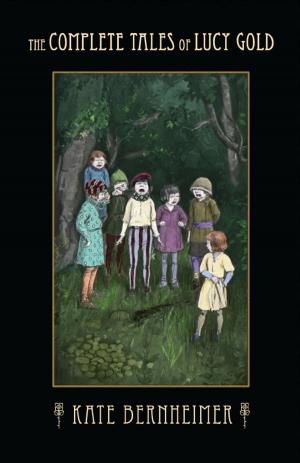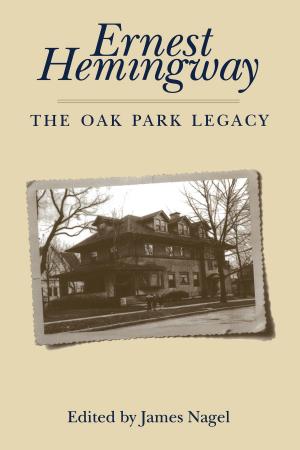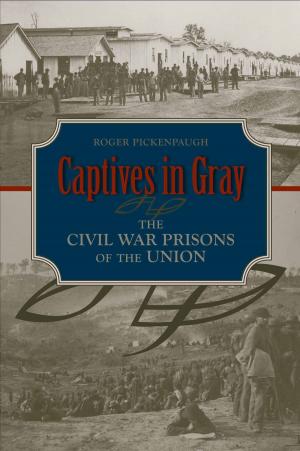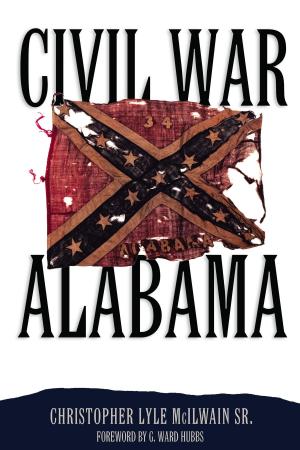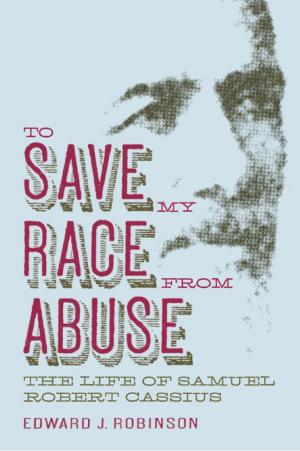Frances Newman
Southern Satirist and Literary Rebel
Fiction & Literature, Literary Theory & Criticism, Feminist Criticism, American| Author: | Barbara Ann Wade | ISBN: | 9780817386610 |
| Publisher: | University of Alabama Press | Publication: | August 10, 2013 |
| Imprint: | University Alabama Press | Language: | English |
| Author: | Barbara Ann Wade |
| ISBN: | 9780817386610 |
| Publisher: | University of Alabama Press |
| Publication: | August 10, 2013 |
| Imprint: | University Alabama Press |
| Language: | English |
This first biographical and literary assessment of Frances Newman highlights one of the most experimental writers of the Southern Renaissance.
Novelist, translator, critic, and acerbic book reviewer Frances Newman (1883-1928) was praised by Virginia novelist James Branch Cabell and critic H. L. Mencken. Her experimental novels The Hard-Boiled Virgin (1926) and Dead Lovers Are Faithful Lovers (1928), have recently begun to receive serious critical attention, but this is the first book-length study to focus both on Newman's life and on her fiction.
Frances Newman was born into a prominent Atlanta family and was educated at private schools in the South and the Northeast. Her first novel, The Hard-Boiled Virgin, was hailed by James Branch Cabell as "the most brilliant, the most candid, the most civilized, and the most profound yet written by any American woman." Cabell and H. L. Mencken became Newman's literary mentors and loyally supported her satire of southern culture, which revealed the racism, class prejudice, and religious intolerance that reinforced the idealized image of the white southern lady. Writing within a nearly forgotten feminist tradition of southern women's fiction, Newman portrayed the widely acclaimed social change in the early part of the century in the South as superficial rather than substantial, with its continued restrictive roles for women in courtship and marriage and limited educational and career opportunities.
Barbara Wade explores Newman's place in the feminist literary tradition by comparing her novels with those of her contemporaries Ellen Glasgow, Mary Johnston, and Isa Glenn. Wade draws from Newman's personal correspondence and newspaper articles to reveal a vibrant, independent woman who simultaneously defied and was influenced by the traditional southern society she satirized in her writing.
This first biographical and literary assessment of Frances Newman highlights one of the most experimental writers of the Southern Renaissance.
Novelist, translator, critic, and acerbic book reviewer Frances Newman (1883-1928) was praised by Virginia novelist James Branch Cabell and critic H. L. Mencken. Her experimental novels The Hard-Boiled Virgin (1926) and Dead Lovers Are Faithful Lovers (1928), have recently begun to receive serious critical attention, but this is the first book-length study to focus both on Newman's life and on her fiction.
Frances Newman was born into a prominent Atlanta family and was educated at private schools in the South and the Northeast. Her first novel, The Hard-Boiled Virgin, was hailed by James Branch Cabell as "the most brilliant, the most candid, the most civilized, and the most profound yet written by any American woman." Cabell and H. L. Mencken became Newman's literary mentors and loyally supported her satire of southern culture, which revealed the racism, class prejudice, and religious intolerance that reinforced the idealized image of the white southern lady. Writing within a nearly forgotten feminist tradition of southern women's fiction, Newman portrayed the widely acclaimed social change in the early part of the century in the South as superficial rather than substantial, with its continued restrictive roles for women in courtship and marriage and limited educational and career opportunities.
Barbara Wade explores Newman's place in the feminist literary tradition by comparing her novels with those of her contemporaries Ellen Glasgow, Mary Johnston, and Isa Glenn. Wade draws from Newman's personal correspondence and newspaper articles to reveal a vibrant, independent woman who simultaneously defied and was influenced by the traditional southern society she satirized in her writing.
